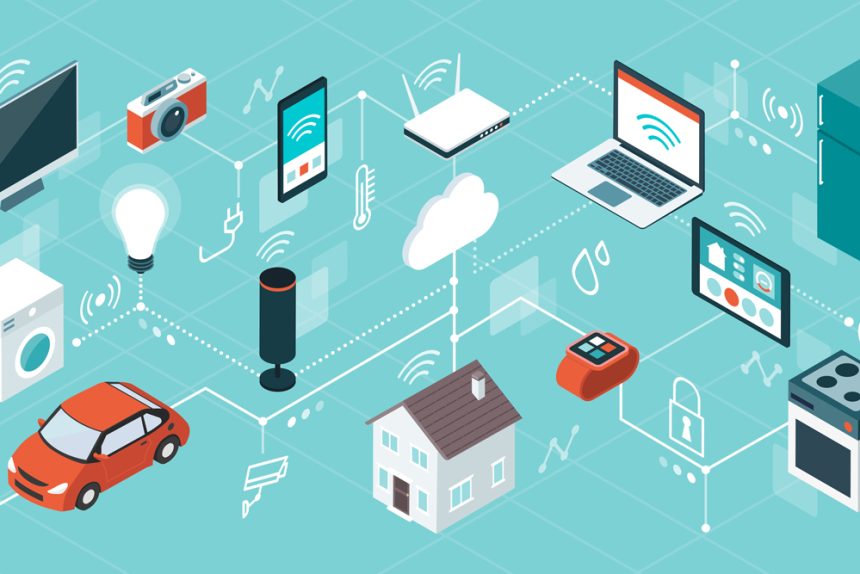The Internet of Things (IoT) denotes a system of tangible objects, or “entities,” outfitted with sensors, software, and additional technologies for the purpose of interacting and exchanging data with other systems and devices via the internet. These devices range from ordinary household items to intricate industrial machinery. Presently, over 7 billion IoT devices are connected, and projections suggest the number will grow to 10 billion in 2020 and 22 billion by 2025.
A FEW IOT INSTANCES
Intelligent Home Appliances – Electronic devices that utilize wireless connections to understand user instructions are known as intelligent devices. Intelligent home appliances such as thermostats and home security systems can operate independently to assist with everyday tasks to a certain extent. For example, you could program your intelligent thermostat to automatically adjust to a lower temperature before you return from work. Or, if you’re away, your security camera can send you an alert if someone is at your door.
One of the most renowned examples of wearable technology in the Internet of Things is the smartwatch. Devices like Fitbits and Apple Watches employ wearable IoT technologies to connect with other devices (like your smartphone) and exchange data. They often connect to the internet to track GPS locations.
The Internet of Things includes personal medical devices, such as pacemakers. Remote medical instruments can monitor and share a patient’s vital signs or detect early signs of health issues for quick intervention.
Autonomous vehicles and other connected vehicles use the internet to share real-time data. Sensors within the vehicle allow it to map its environment, transmit video, and respond to traffic conditions.
IOT’S ADVANTAGES FOR SECTORS
The benefits of IoT technology differ based on the deployment ecosystem and the count of advanced IoT devices in use. The benefits and applications of IoT solutions in various sectors are highlighted below.
Real-time visibility of assets and resources
Reduced costs
Improved operational efficiency
Remote, end-to-end monitoring and management of resources and assets with data-driven insights for quick decision-making
Predictive, prescriptive, and real-time insights
Enhance the end-user experience
Why is IoT important?
The internet of things allows people to live and work smarter, providing complete control over their lives. IoT is not only essential for providing intelligent appliances to automate homes but also crucial for businesses. By offering insights into everything from machine performance to supply chain and logistics operations, IoT provides companies with a real-time look into how their systems really work.
IoT gives businesses the capability to automate processes, thus reducing labor costs. It also minimizes waste and improves service delivery, reducing the cost of manufacturing and delivering goods, and increasing transparency in customer transactions.
Consequently, IoT is one of the essential technologies of contemporary life and will continue to pick up pace as more businesses understand the potential of connected devices to keep them competitive.
IOT ADVANTAGES
Here are a few advantages of the Internet of Things:
It can aid in smarter control of homes and cities via mobile devices. It offers personal safety and boosts security.
Tasks can be automated, saving a lot of time.
Information is easily available and frequently updated, even when we are far from our actual location.
Electric devices are directly connected to and communicate with a controller computer, such as a cellphone, resulting in efficient power consumption. This eliminates unnecessary usage of electrical appliances.
IoT applications that can alert you about your routine plans can offer personal assistance.
It is beneficial for safety as it detects potential hazards and alerts users. For example, the integrated GM OnStar system can detect a car accident on the road. If a collision is detected, it immediately makes a call.
IoT devices connect and interact with each other, perform a variety of operations without needing human intervention, thereby reducing human labor.
IOT DRAWBACKS
Some of these include:
Hackers could steal personal data from the system. As we connect so many devices to the internet, there is a risk that our information might be misused.
They are heavily dependent on the internet and cannot function properly without it.
Due to their complexity, there are many ways for systems to malfunction.
Our lives become completely dependent on technology and we lose control over them.
People who rely excessively on technology and the internet lose their intellectual capabilities because they become lazy and dependent on intelligent devices instead of performing physical labor.






